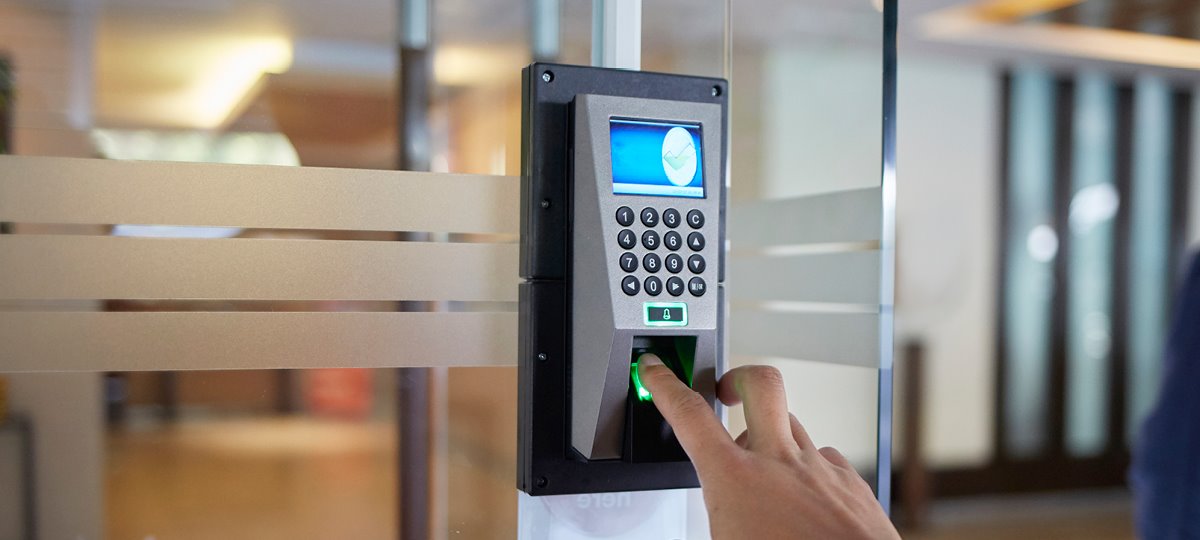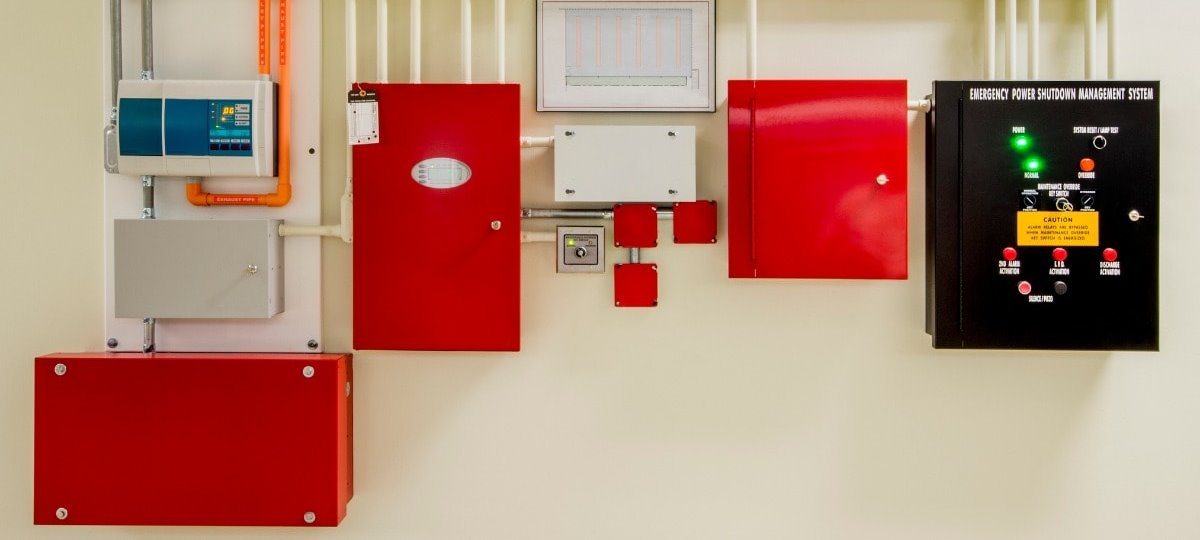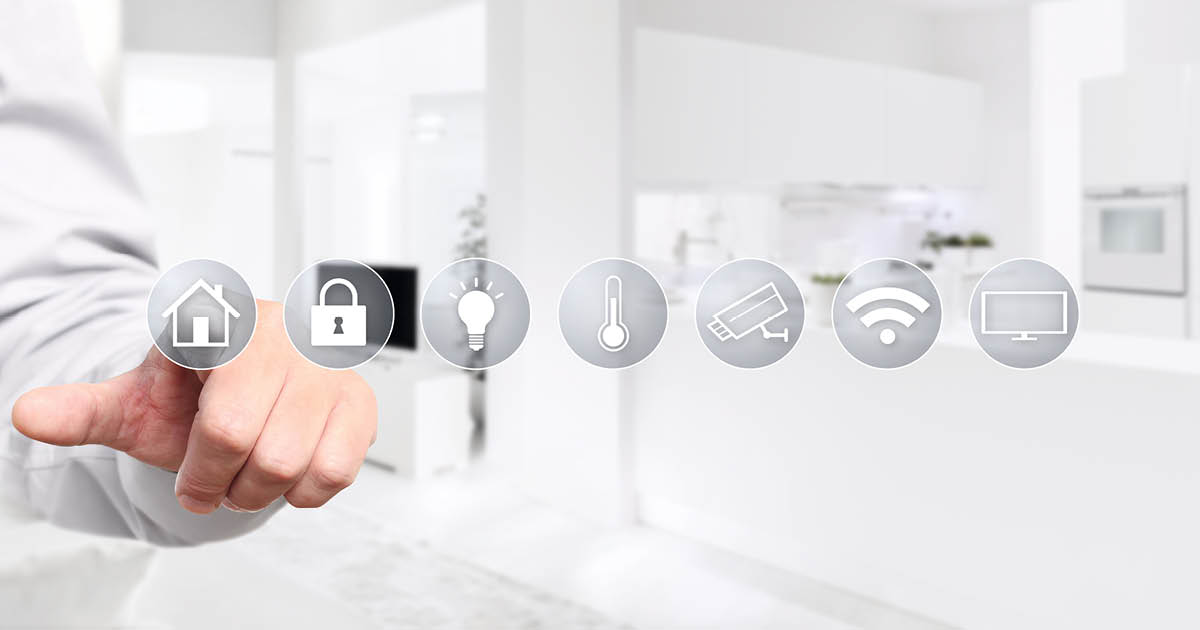How Much Data Does a Wifi Security Camera Use?
Internet Speed Bandwidth
Internet bandwidth is a significant issue nowadays. Everything is tapping into the internet— from our phones to our refrigerators. If you’re installing internet protocol (IP) security cameras, they will inevitably use some of the bandwidth from your network. The question is, how much?
When you purchase home internet service, you typically get unlimited data with your package. You may think the fact that you have unlimited data means you should have no issue with uploads, but that isn’t true. The reason internet prices increase is because companies are actually charging you for upload and download speeds. A typical home internet service package may come with 1GB of upload speed and 250 MBPS of download speed.
Simple One or Two-Camera Setup
Your typical home internet can probably support a one or two-camera system setup. So, if you want to set up a camera by your front and back doors that you could access from your phone, you will likely have enough upload speed to upload the images to the network video recorder (NVR) or cloud storage system.
Considerations for a More Complex System
Beyond this simple home monitoring setup, there are a ton of variables that come into play that will affect the upload speeds you need. We have outlined some security camera and upload speed considerations including camera resolution, frames per second, and dynamic range.
What Resolution is Your Camera Shooting at?
The higher the resolution your camera is shooting at, the clearer the picture will be. This higher resolution leads to larger files and increased bandwidth usage.
Digital camera resolution is measured in megapixels (MP) or millions of pixels per inch. Pixels are the tiny squares that make up an image. The more pixels an image contains, the clearer the image. Pixel size is sometimes given in horizontal and vertical dimensions. So, a camera that is 1280 x1024 resolution contains 1,280 pixels horizontally and 1,024 pixels vertically or 1,310,720 pixels total. Divided by 1,000,000, you get 1,310,720 or 1.3MP (1.3 million pixels per inch). To be considered a high-definition camera, the camera must shoot at a resolution of 1MP.
How Many Frames Per Second (FPS) are You Recording?
Frames per second (FPS) is how many pictures are taken in one second of time. The higher your camera’s FPS is, the more realistic-looking motion you’ll get on video, and the more bandwidth you’ll use. Security cameras can typically shoot anywhere from 1FPS to 30FPS, with the average frame rate usually around 10-15. Anything higher than this will significantly increase the size of the footage being stored.
What is the Dynamic Range of Your Camera?
Another critical factor that affects the clarity of images is the dynamic range of the video your camera is recording. Dynamic range is the measurement between the whitest whites and the blackest blacks in an image, or the range in which a camera can successfully capture the lightest and darkest areas of an image without losing detail. The wider or higher the dynamic range, the better images your camera will deliver and the greater bandwidth they’ll demand.
How Many Cameras are You Installing?
The more cameras you are using, the higher your Internet speed requirements will be. How many cameras you will need for your home or business depends on a few factors: why you need the cameras, what areas you want to monitor, how large a space you need to watch, the type of security camera you purchase and whether you are going to install a wired or wireless system.
In addition to all the above considerations, there are a host of other variables that can affect your security cameras’ performance and the upload speeds. Variables like where the cameras are placed, the type of router you operate, and whether you are recording continuously or intermittently.
Today’s homes and businesses need a lot of power and resources. While today’s security technology is better than ever and less expensive, you don’t want a slow connection or inadequate Wi-Fi coverage to prevent you from accessing your security system when you need it.
How Fast is My Internet?
You can contact your internet service provider and inquire about the internet speeds in your area. Your service provider will be able to give you more detail and help you upgrade your bandwidth if necessary. Free online tools such as speed tests can help you learn more.
Where to Begin?
The security experts at FSS Technologies are experienced professionals who have helped many home and business owners optimize their internet and security system requirements. Contact us to learn more about our security options and ask any questions you may have.









